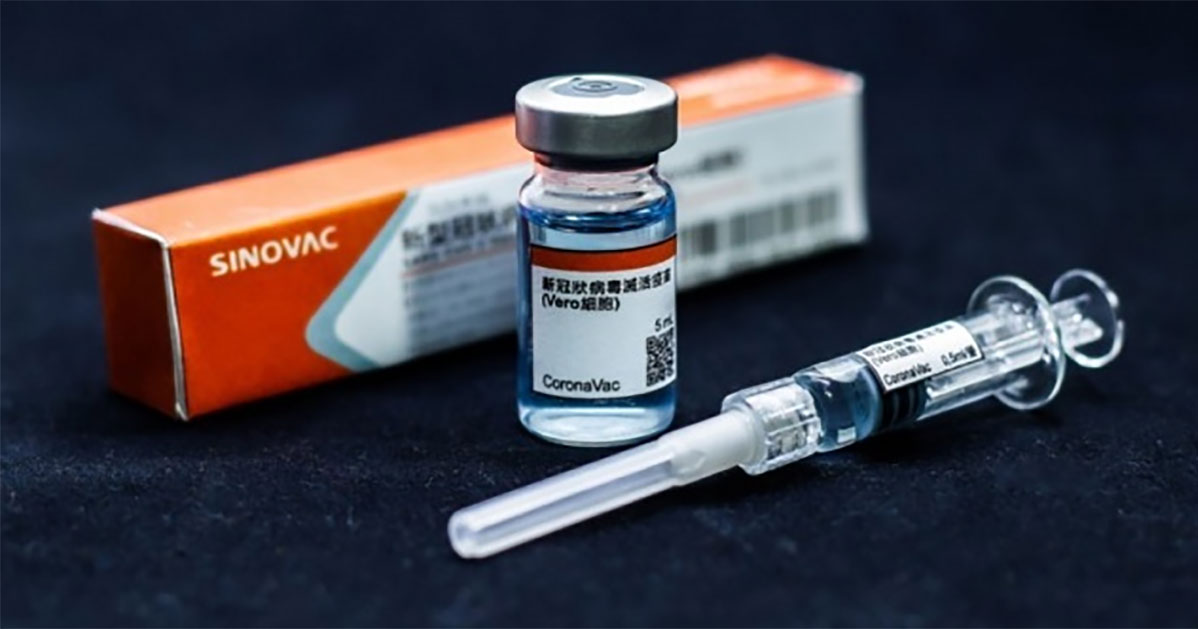The Covid-19 vaccine developed by China's Sinovac Biotech will undergo a review by Singapore's Health Sciences Authority (HSA) before it is administered to the population here, Health Minister Gan Kim Yong said on Jan. 13, 2021.
The potential halting of plans to roll out the China-developed vaccine came after a Brazilian trial on Jan. 12, which showed that the Sinovac vaccine was just 50.4 per cent effective at preventing symptomatic infections.
This figure is well below the rate announced a week earlier and just meets the regulatory approval threshold.
Not approved yet
Gan told media the Sinovac vaccine has yet to be approved in Singapore.
His comments came after he had just received his first dose of the Pfizer-BioNTech vaccine.
Currently, the Pfizer-BioNTech vaccine is the only authorised one in Singapore.
Singapore to study data
Gan said Singapore will study the data "carefully" and not rely on reported numbers: "It's better to rely on official data that we receive from Sinovac itself."
He also said the Covid-19 expert committee will evaluate if the vaccine can be used and HSA will assess the data available.
Moderna vaccine will be used when ready
Education Minister Lawrence Wong also said the other Moderna vaccine will be used for the vaccination programme when it is ready.
Wong, who co-chairs Singapore's Covid-19 multi-ministry task force with Gan, also took his first shot of the Pfizer-BioNTech vaccine on Wednesday.
"If and when the Moderna vaccine is authorised for use, then we will also use it for the vaccination programme," Wong said.
In response to the Brazilian trials, the Sinovac chairman has insisted its Covid-19 vaccine is highly effective as he sought to clarify the results of its trials in Brazil a day earlier.
Sinovac works differently
Both the Moderna and Pfizer vaccines are mRNA vaccines.
They share similar efficacy rates of around 95 per cent.
Broadly, there are two ways the three vaccines work.
The Moderna and Pfizer-BioNTech vaccines use the new messenger RNA (mRNA) technology.
Sinovac is a traditional inactivated virus vaccine.
mRNA vaccines teach cells in the body to make a protein that triggers an immune response inside our bodies.
Traditional vaccines put a weakened or inactivated germ into the body.
If you like what you read, follow us on Facebook, Instagram, Twitter and Telegram to get the latest updates.
